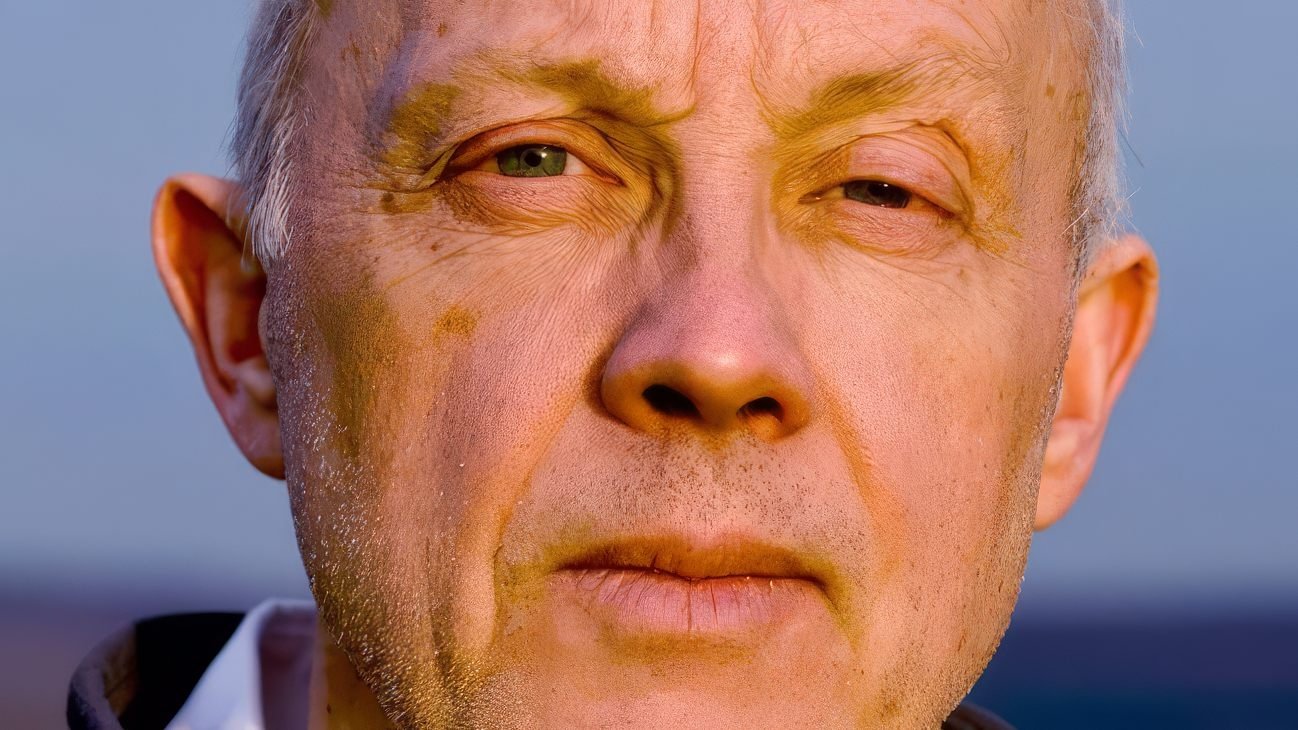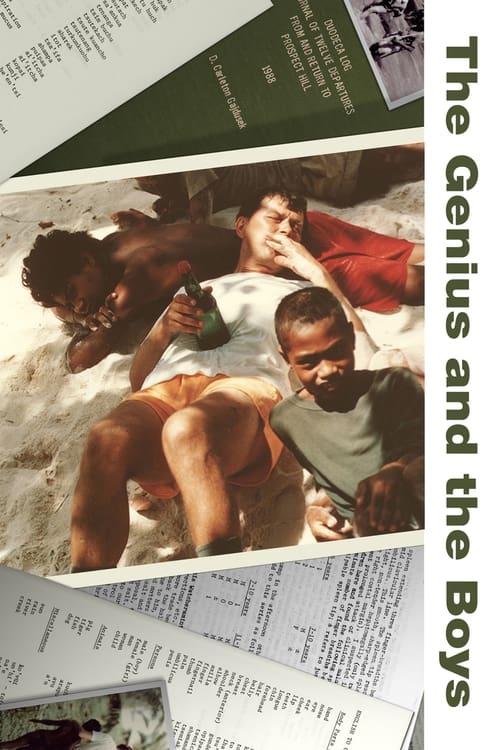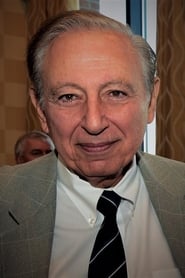

D Carleton Gajdusek won the Nobel Prize for the discovery of Prions - the particles that would emerge as the cause of Mad Cow disease - while working with a cannibal tribe on New Guinea. He was a star of the scientific world. Over his years working amongst the tribes of the South Seas, he adopted 57 kids, bringing them to a new life in Washington DC. His adoptions were hailed as wonderful fatherly beneficence. But, at the height of his career, rumours began to spread he was a paedophile. Gajdusek would argue that if sex with children was okay in their own cultures, he wasn't wrong to join in. How could a great mind like Gajdusek's lose insight so totally, and why would the scientific community to which he was a hero be so quick to leap to his defence and dismiss the allegations? (Storyville)

Himself - Professor of Medicine - Expert on Kuru

Professor in Medical Anthropology

Medical Reporter - PNGIMR

Himself - Virologist - Anthropologist - Linguist - Author - etc

Brother

Himself - Director, Institute of Human Virology and Co-discoverer HIV

Himself - Professor of Neurology and Author

Secretary

Himself - Former Professor of Mathematics - Yale and Princeton (as Benoit Mandelbrot)
No Trailers found.